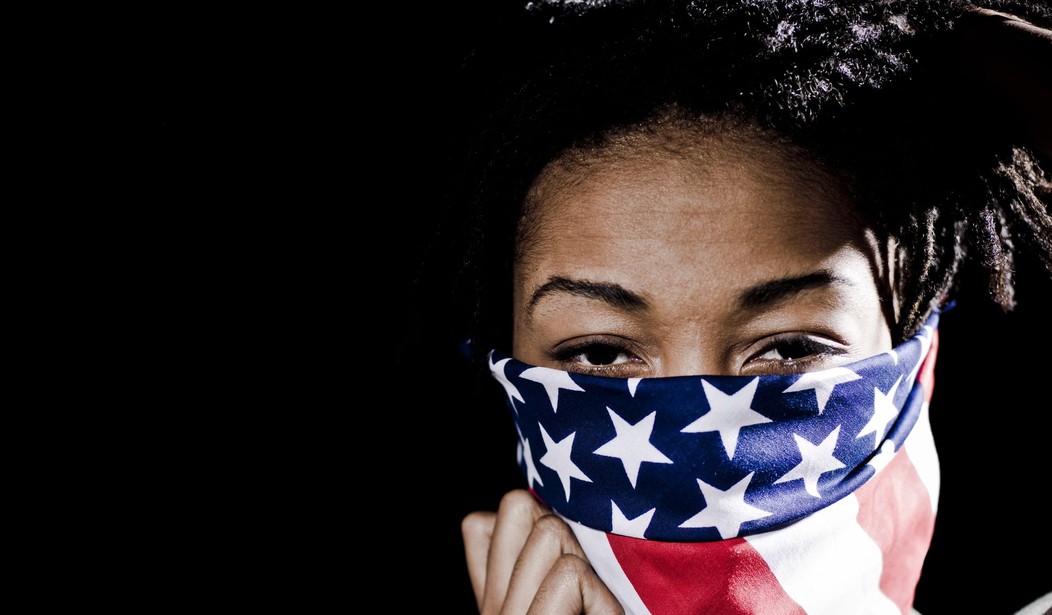Emily Townes, the dean of Vanderbilt’s Divinity School, has crafted a partnership between her department and the Racial Justice Collaborative. In a written statement, Townes explains, “I have been trying to understand evil all my life. We are, in many ways, imprisoned by the cultural production of evil, and I do not like it and think that none of us should accept it as the status quo for our lives.”
The program was birthed out of Dean Townes’ struggles to understand racism as she watched the Civil Rights Movement play out on her TV as a child. With the program’s kick-off discussion planned for September 28, Townes believes,
The Vanderbilt Divinity School Public Theology and Racial Justice Collaborative gives me an opportunity to join with others in our centuries-long attempt to eradicate racism and all its reciprocal forms of injustice and hatred. This is a particularly important moment to birth a collaborative such as this that seeks to be a hub for a national conversation on public theology and racial justice. … The work of Vanderbilt Divinity School Public Theology and Racial Justice Collaborative provides an opportunity to join our energy and commitment to eradicate racism and all its reciprocal forms of injustice and hatred.
Located in Nashville, Vanderbilt University is a private school that many refer to as the “Harvard of the South.” Like many Southern institutions, Vanderbilt has changed quite a bit from its pre-Civil Rights era ideology. And like many Southern institutions, Vanderbilt has a checkered past when it comes to race relations. The university admitted African-American students earlier than many Southern colleges, but that didn’t mean that the school saw eye-to-eye with the Civil Rights Movement. In March of 1960, Vanderbilt kicked out James Lawson.
Lawson was a student in the School of Religion and a civil rights activists. After his expulsion, he became a leader in the Student Non-Violent Coordinating Committee. In 2005, Vanderbilt hired him as a professor. For Lawson, non-violence is an integral part of protest. From his expulsion to his hiring, Vanderbilt demonstrated a sea-change in philosophy. One wonders, though, if this new collaboration between the School of Religion and the Racial Justice Collaborative is a repudiation of Lawson’s belief in non-violence as a central tactic in protest.
The home page of the Collaborative’s website prominently features a photo of a group of young people proudly sporting Black Lives Matter t-shirts. Known for their violent protests and calls for violence against the police, as well as their connection to the terrorist group Antifa, Black Lives Matter seems like an odd symbol for a group supposedly dedicated to racial reconciliation. If racial harmony is your goal, why not use a group like Hotep Nation as the symbol splashed across the home page? It appears that Vanderbilt and Dean Townes are more concerned with creating strife and discord than they are with harmonious solutions to the problem of racism that still exists in our country.
One of the sad ironies in all this is that Vanderbilt hosts the First Amendment Center. According to their website, the First Amendment Center exists to “support the First Amendment and build understanding of its core freedoms.” The connection between the School of Religion and Black Lives Matter indicates that supporting the First Amendment is not a priority for Vanderbilt University.








Join the conversation as a VIP Member